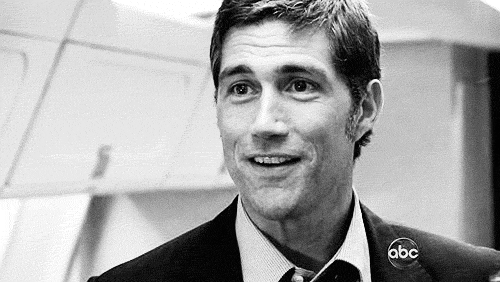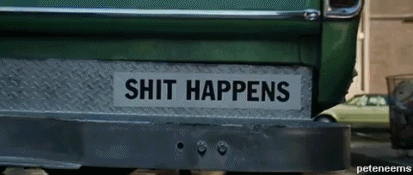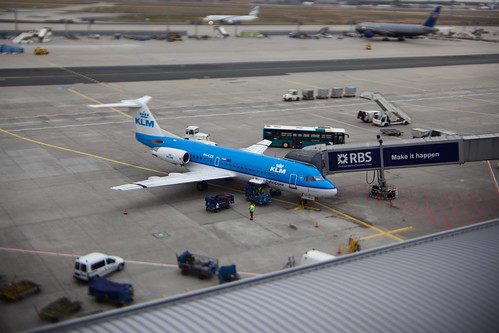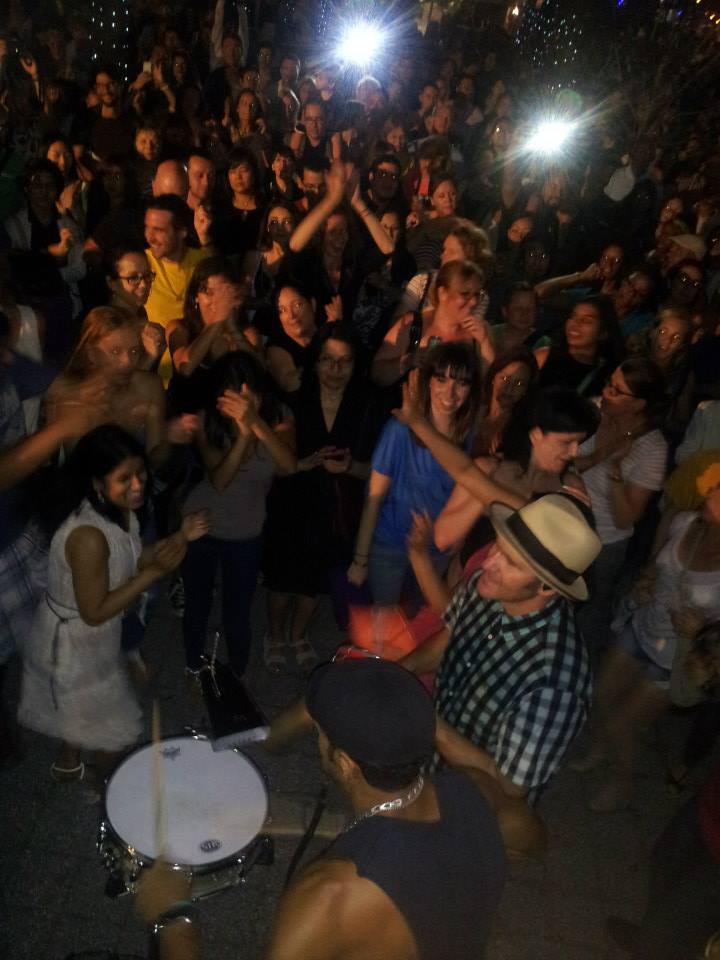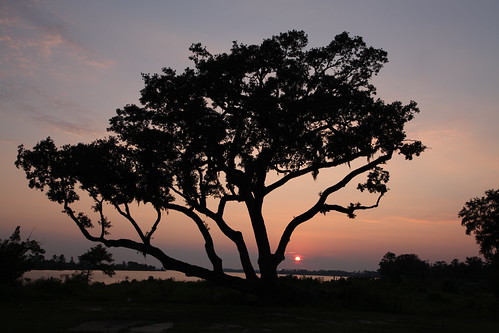
“Oh and we end up in Brooklyn / It was rainin’ so hard / Come up all day / And the rain clears it off.” — Joe Purdy
I was on a solo mission.
That’s what my friend, Emma, calls it. Sometimes, you want to do something — see a show, see a movie, see a game — and you don’t have anyone to go with. So you go it alone.
A solo mission.
And I was on a solo mission to Brooklyn to see a musician named Joe Purdy. I’ve loved his music for a long time. He’s been the soundtrack to many a road trip, and even more rainy days.
And I step out of my apartment and look up, and for the first time in weeks, see dark clouds. Rain? I wondered. This was last Saturday. I run back upstairs to grab an umbrella.
And then I get on the F train to head to Brooklyn, and the train comes right away. I look up at the board to see how many stops I’ve got left, and I don’t recognize any of the stops. A woman looks at me. This is a C train on the F track, she says. I ask if it’s making all the F stops. Oh, no, she says.
So I start recalibrating my trip. I pick a new, random stop on the C and hope.
And I get off, and my phone can’t seem to find the satellites, so I just start walking semi-blindly, hoping that I’m headed south.
And it starts to rain. Hard. At least I’ve got my umbrella — funny that I even decided to bring it, I’m thinking.
And I walk past a bodega, and pop my head in, and there’s a roll of plastic bags for vegetables right at the entrance. I grab one and wrap my phone in it. It’s the only bodega I’ll see on my walk — nice of it to appear right when I needed it most.
And I’m walking through this hard rain, heading south. I hit the park, and then I keep moving, through the rain, through the trees. I walk for a long time.
And then I see the line. They are standing there, in umbrellas, in ponchos. They are waiting for Joe, too.
And then rain is coming down, and then it isn’t, and we look up at the sky, and the sun is peeking through.
And I hear a cheer, and then a voice on stage, and this whisper of a song coming through, and then I’m through the gates, and there is Joe, on stage, and he is singing.
And he sings:
But I know that I love the rain the most
When it stops
Yeah, when it stops
And I start thinking.
I start thinking about the stories we tell. We want our stories to be epic. We want the journey to be hard, but we also want the pieces to fall into place at the right moments. That’s how it works in the movies: The hero struggles, and struggles, and then breaks through. We want that, too. Everyone wants that hero’s ending. Everyone wants to be standing in the rain when a singer walks onto the stage and sings about how the rain should end, and then the rain ends, and the story gets the finish it deserves.
We want those moments — for ourselves, for our stories.
And we don’t usually get them. Most of our stories aren’t epic. That’s just how it goes.
But sometimes, you go on a mission. Sometimes, you do things that are big — or at least big in your life — and you get those stories.
And like Joe sings:
And you never look back at where you came
Swore you’re never gonna be the same
And you really do swear. The story has changed you. The journey has changed you.
We let ourselves hold onto those things. We just want to believe. Because we want to tell those epic stories again and again.
That photo of Joe in Prospect Park comes via.
